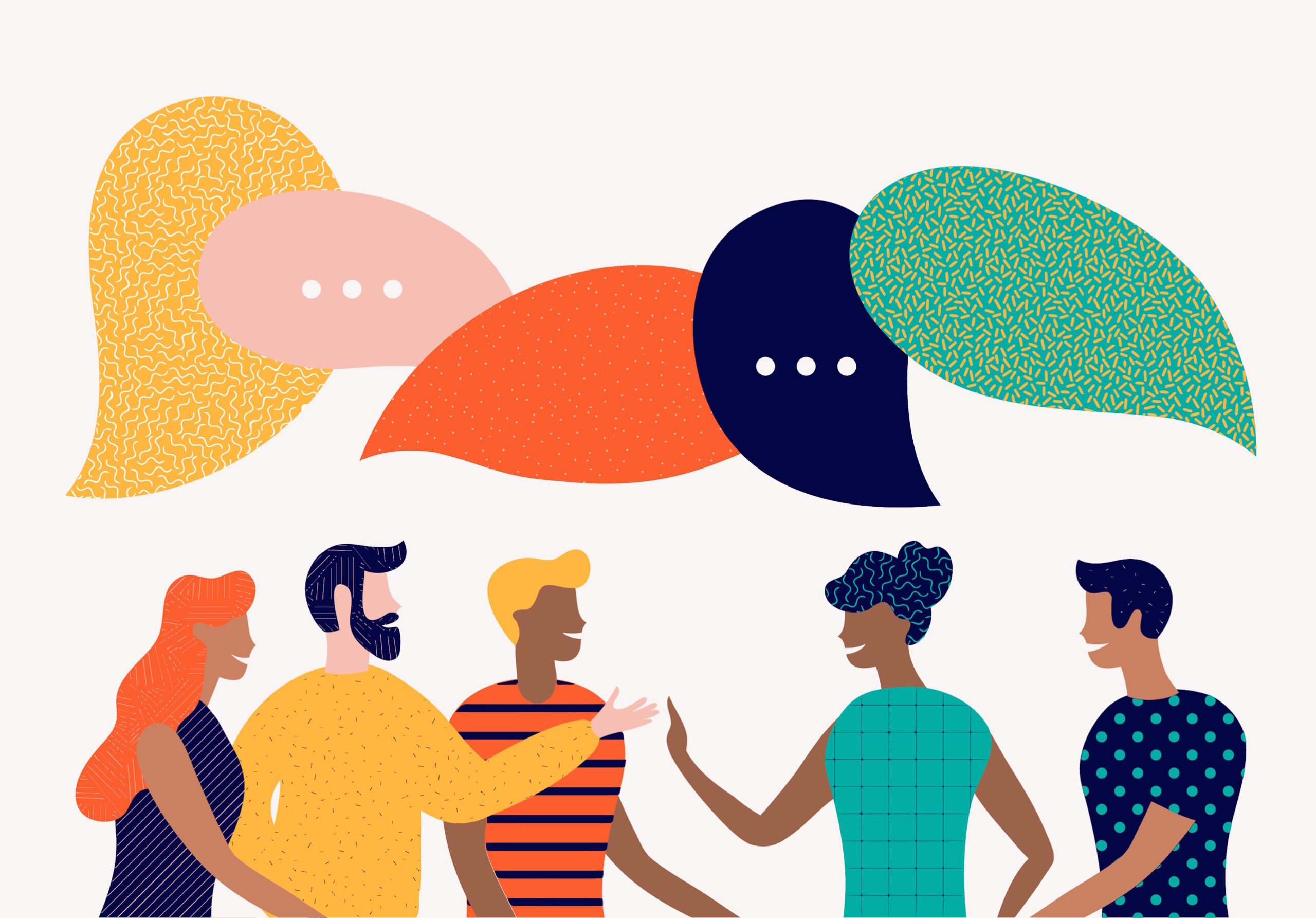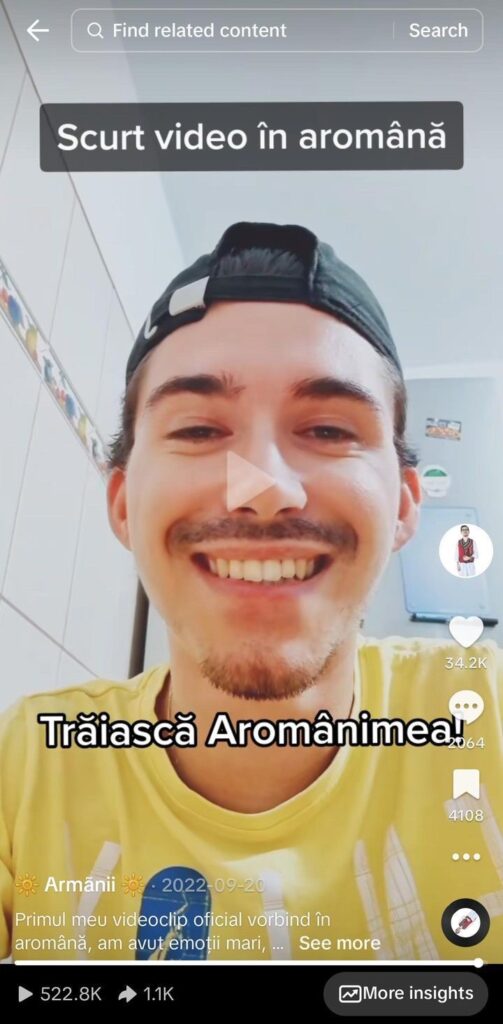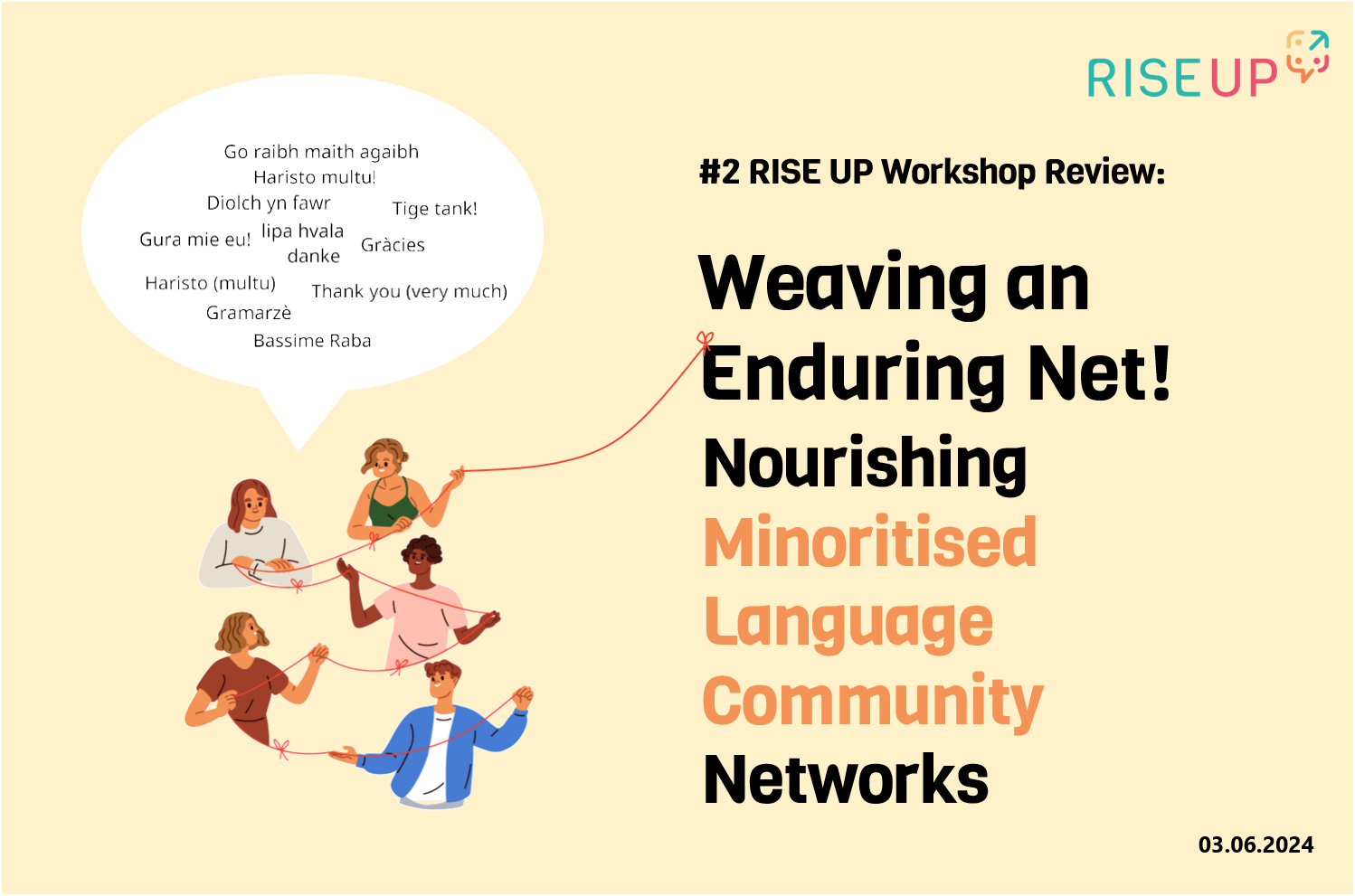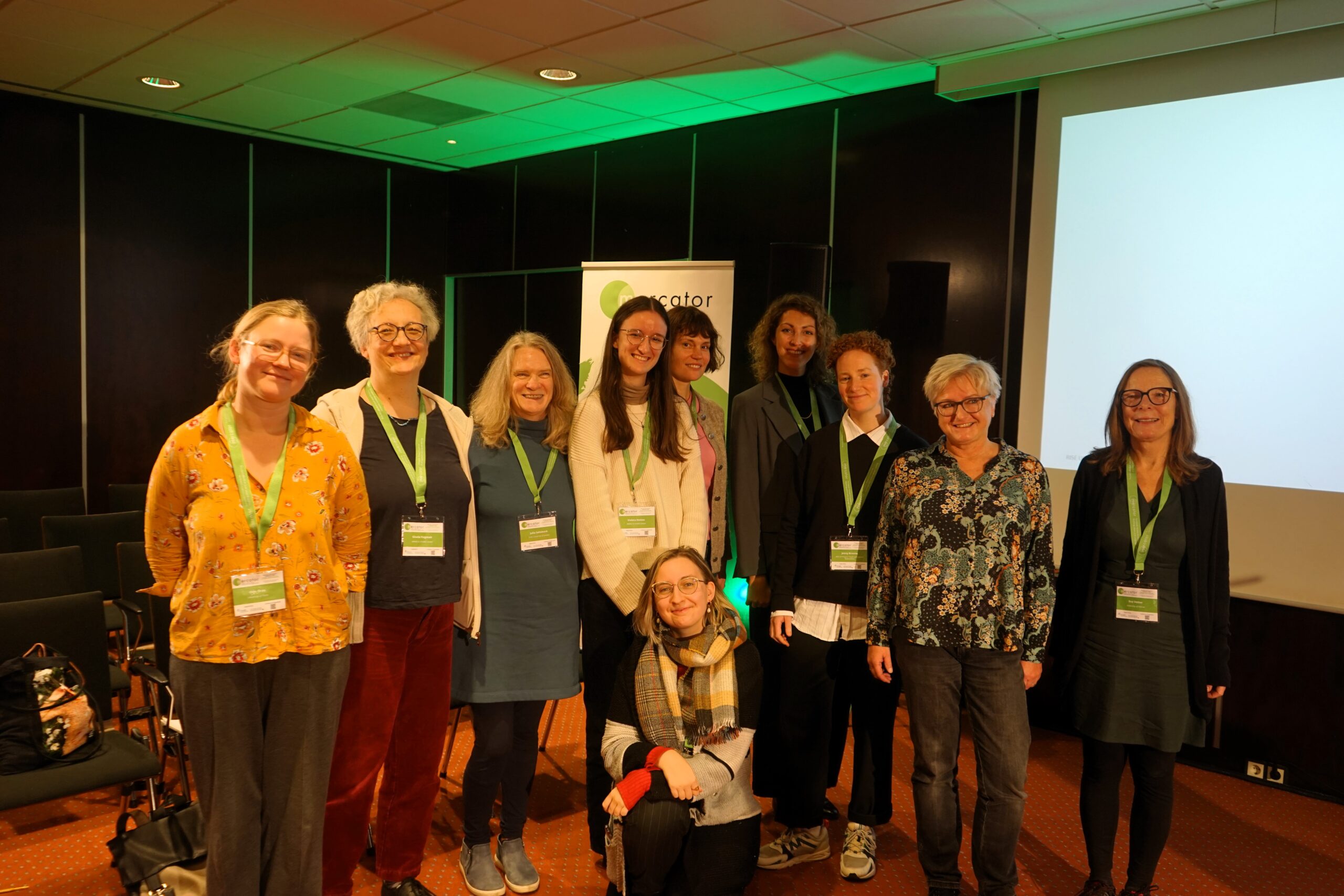
Young people using digital tools to promote their minoritised languages and culture
Following on from RISE UP’s first online networking event: How to Use Digital Tools to Support Minoritised Languages, I wanted to continue the theme and shine a spotlight on some of the young people using the digital sphere to educate others and promote their minoritised language groups. During the event, Juan Vergara, creator of the Galician podcast series Fóra de Mapa, shared with us how he (together with his friend María Sabarís) uses their online platform to talk about European ethnic, linguistic, and religious minorities. Ever more young people are using the internet to promote minoritised languages, and here are a few examples from within three of RISE UP’s selected language communities: Cornish, Burgenland Croatian and Aromanian.
Hrvatski Akademski Klub (The Burgenland Croatian Academic Club) have been publishing their print and digital magazine NOVI GLAS since 1969. Their online presence has been going strong for the last 3 years, since establishing a small editorial team that works beside the print issues and offers the audience content in both German and Burgenland Croatian language. One of their regular online formats – mostly hosted by Ralf Grabuschnig and Michael Schreiber – is their monthly NG History “Povijest” Podcast (running since November 2020). The podcast covers a diverse array of themes surrounding history and minority rights, from “The Settlement of Burgenland Croatians” to “The Musical Search for Identity” to the “Burgenland Croatian Youth Festival Dan Mladine”. When the podcast was created, the idea was both showing the minority perspective on historical events, but also aiming beyond the minority audience since the episodes are mainly in German — so trying to educate both minority and majority. They will soon be celebrating their 40th episode!
28-year-old translator Sebastian Florea is co-founder of the Aromanian community DEADUN Sutsata (The Organisation “Together”) in Constanța, Romania, and has been on a mission to share his language and culture since he started out translating Aromanian songs in 2013. Ten years later, his TikTok @saebica now has over 22k followers. Though most of his audience are Romanian, he hopes that by posting his videos, photos, and verb conjugations online he can reach out and show people all over the world the Aromanian language and culture. “I started posting what I could find on the internet, slowly making people curious about Aromanians, slowly gathering more Aromanian friends…”, he says. Sebastian has collaborated with YouTubers who also promote smaller ethnicities, including Aromanian, and is proud that he can do something for this endangered language and culture.

Siân Esther Powell aka. Celtic Siân
is a Cornish Storyteller and Celtic Folklore expert. Siân works at a Cornish
clay museum @whealmartyn, and spreads the word of all things Celtic Mythology.
Siân created the Celtic Myths and Legends Podcast 5 years ago, and has
been hosting and producing episodes ever since. From “Irish Vampires” to “Manx
Magic”, the wonderful podcast covers folklore, myths, and legends from
Cornwall, Wales, Scotland, Ireland, Brittany, and The Isle of Man. Siân’s
TikTok has over 91k followers and is home to vast amounts of highly
entertaining but also fascinating content for all aspiring Celtic Mythology
nerds. Alongside educating followers about Cornish Folklore on socials, Siân
loves strolling the Cornish coastline and singing traditional shanties.
Author: Jenny Browne
Find more links to their socials and podcasts here:
Celtic Siân –
https://celticsian.co.uk/podcast
https://www.tiktok.com/@cornish_sian
https://www.instagram.com/celtic_sian/
NOVI GLAS History Podcast –
https://noviglas.online/category/rubrike/podcast-history-povijest/
https://www.instagram.com/noviglas.online/
Saebica –
https://www.instagram.com/saebica/
Keywords
Digital tools, minoritised languages, youth
activism, Cornish, Burgenland Croatian, Aromanian


